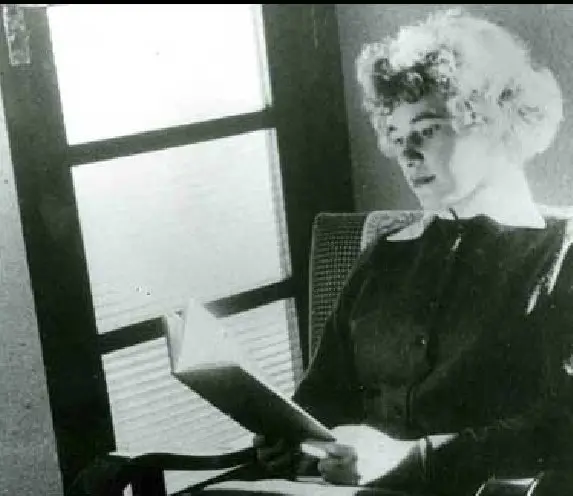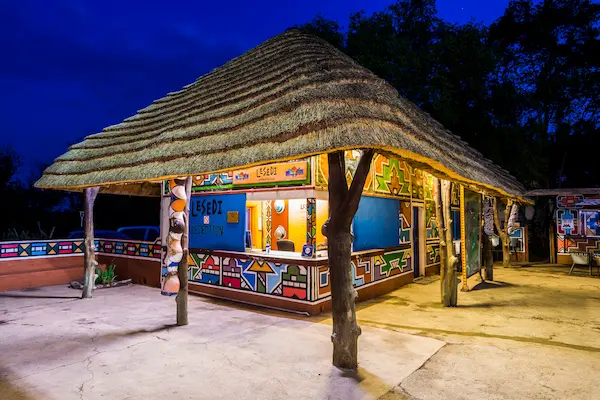Ingrid Jonker: A Beacon of Hope Amidst Despair - South Africa's Iconic Poet

Ingrid Jonker, a renowned South African poet, was born in September 1933 on a farm in Douglas, Northern Cape. Her parents, Beatrice and Abraham Jonker, separated before her birth due to Abraham's unfounded accusations of infidelity. This marked the beginning of a lifelong struggle for Ingrid to gain her father's acceptance.
Throughout her life, Ingrid sought the affection of older men, replacing the father figure she yearned for. Her relationships with Andre P. Brink and Jack Cope, among others, highlighted her enduring childlike energy and captivating vulnerability.
Ingrid's writing prowess led her to an iconic status in South Africa. Tragically, she ended her life in July 1965 by drowning. Her journey was marked by emotional turmoil, stemming from her parents' divorce and her mother's recurring mental health issues, which led to her death in 1944.
Ingrid and her sister Anna were sent to live with their estranged father, Abraham, whose cold treatment caused a lasting rift. Ingrid found solace in writing, attending Wynberg Girls' High School and contributing poetry to the school magazine. Her talent caught the attention of writer and poet D.J. Opperman, who greatly influenced her work.
Ingrid's first poetry collection, Ontvlugting (Escape), was published in 1956. That same year, she married writer Pieter Venter, and their daughter Simone was born in 1957. After a tumultuous time in Johannesburg, Ingrid and Pieter separated, and she returned to Cape Town with Simone.
Ingrid's father, a National Party Member of Parliament, was appointed to a committee responsible for censorship laws, which Ingrid strongly opposed. This disagreement led to Abraham publicly disowning her. During this period, Ingrid's relationships with Jack Cope and Andre P. Brink, both writers, led to an unplanned pregnancy and subsequent abortion, contributing to her spiraling depression.
In 1963, Ingrid published Rook en Oker (Smoke and Ochre), a collection of poems lauded by many South African writers and critics. However, the conservative white South African public received it less warmly. This collection won the Afrikaanse Pers-Boekhandel Prys (Afrikaans Press-Booksellers Literary Prize), and Ingrid used the prize money to travel.
By early 1965, Ingrid's mental health deteriorated, leading to her hospitalization. On June 28th, she wrote a letter to Jack Cope, expressing her intention to end her life. On July 19, 1965, she drowned at Three Anchor Bay in Cape Town.
Ingrid's legacy was acknowledged by Nelson Mandela in his first presidential address in 1994, where he read her poem "Die Kind Wat Doodgeskiet Is Deur Soldate By Nyanga (The Child Who Was Shot Dead By Soldiers At Nyanga)" and praised her for transcending despair and celebrating hope.




